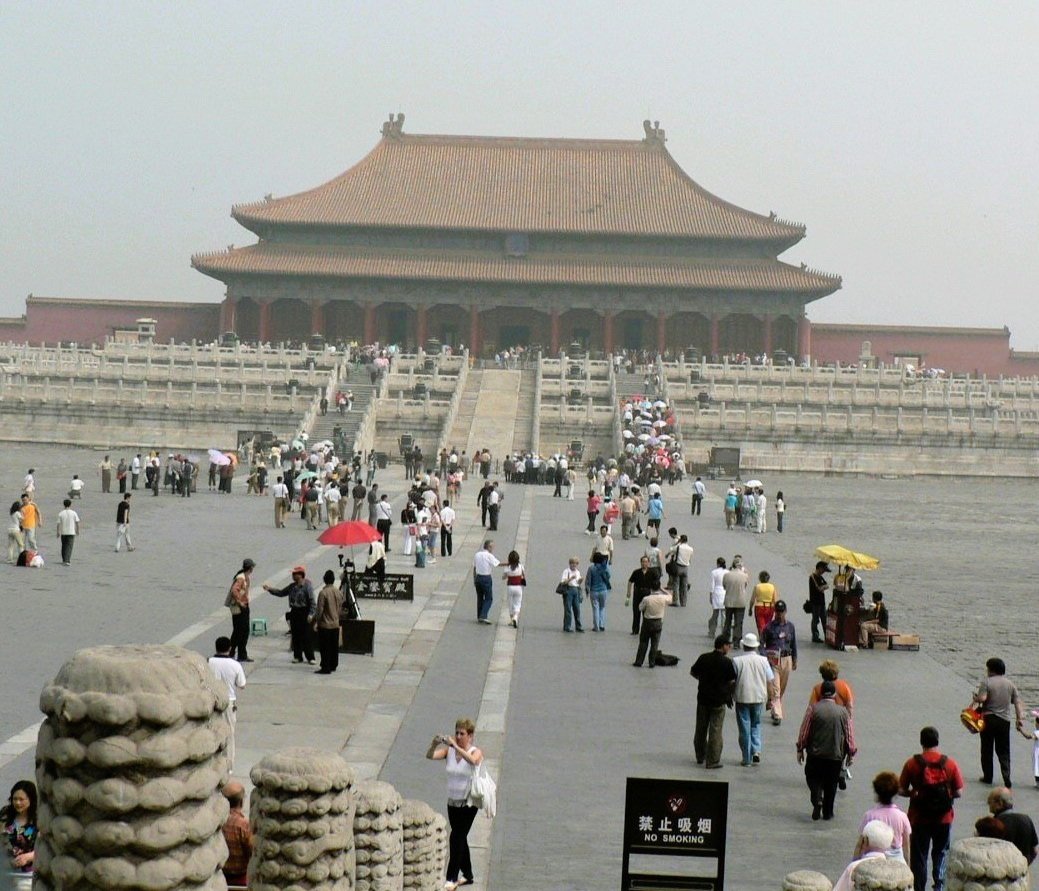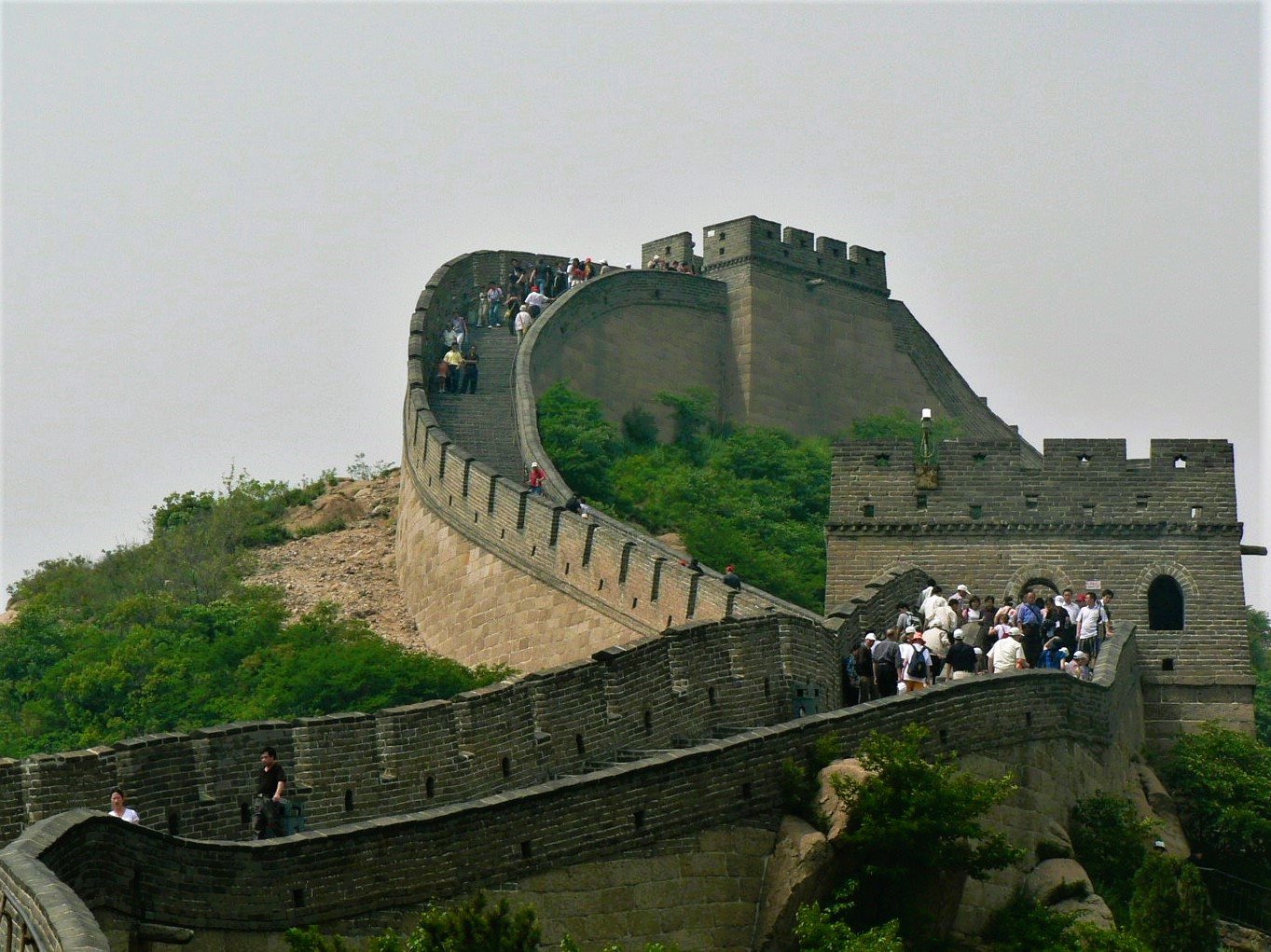Jonathan C. Lewis
Author and Artist
Zen Patience
A fictional travelogue; four minutes to read:
If travel has taught me anything, it has taught me to stand in line.
Airports, train stations, bus terminals, taxi stands, museum and monument ticket lines, crowded clubs or restaurants, passport control, baggage claim carousels, popular bakeries and delis, street vendors and restrooms during concert intermissions. Counting meals and museums alone, some days I spend twenty percent of my sightseeing hours not sightseeing, just standing in line, not moving.
Once queued, I am loyal to the line. Committed. Like a Red Army recruit signing military enlistment papers, one minute I am a free-roaming civilian, the next minute a soldier in formation. No going back. No leaving, No quitting.
Today, the long line leading to the guided tour office for the Great Wall of China and the Forbidden City line is a lesson in Zen acceptance. The column of tourists, with me wedged in it, moves forward by half-inches toward the pagoda hut. We are at a virtual standstill like a Chinese kite on a windless day.
Powerless to move the line faster, I count the number of bodies ahead of me. If anyone leaves the line, I silently rejoice.
I fidget with my jacket zipper. I pat my pants pocket to confirm my wallet and passport are still with me. I mentally reorganize my suitcase.
In a queue, I am unseen. Like the archaeological rubble from a deceased Dynasty. Part of the crumbling landscape. Dusty, deteriorating.
Because no one notices me, a weird sense of privacy cloaks me. I scratch my inner thigh.
The minutes morph into a hazy cataloging of life’s up and downs, other journeys with other long lines. Friends and lost friends. Having baggage takes on multiple meanings.
I hang back putting social distance between me and the disagreeably perfumed Chinese woman ahead of me. In Northern Europe, North America and Asia people stand farther apart than they do in Southern Europe, South America and the Middle East. People in warmer climates stand closer than those living in colder climes. In every culture, women and elders want their personal space protected. In Tokyo, Seoul and Rio de Janeiro, subways have special cars for women.
The line becomes my community. My spot in line takes on value. Not something I want to trade or give up. The wisdom of the crowd—a mix of Europeans, Americans and Chinese—validates my presence. I belong to strangers.
As the line snakes back on itself, my weight shifts from one leg to the other. My calves, flaccid as a bowl of day-old dumplings, sink lower onto my ankles. Feet and shoes fuse.
Patience and perseverance—a traveler’s survival skills—pay off. The ticket window materializes like an oasis in the Gobi Desert. Clutching my cash, I mutter, “One please.”
Wearing a Mao jacket, the ticket seller’s vacant grey eyes stare at me. A forced smile flits across her well-worn face. Her hand waves me in the direction of another window.
In halting English, I hear, “Wrong line. Next.”

